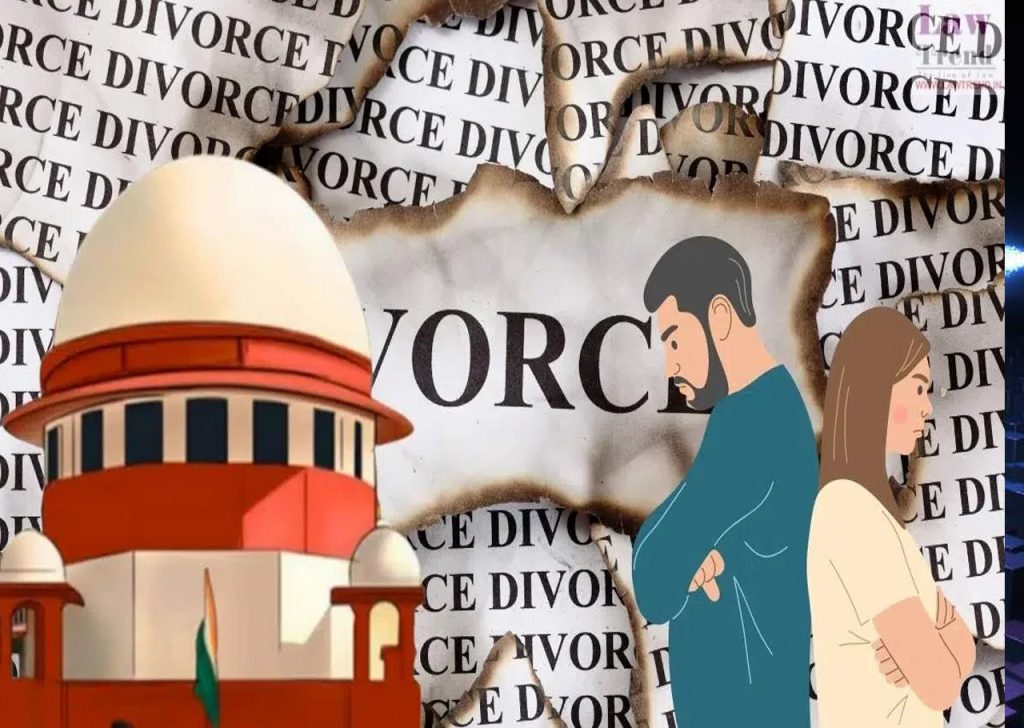In a major ruling today, the Supreme Court has declared that marriages can be dissolved on the grounds of “irretrievable breakdown of marriage” under Article 142. Additionally, the mandatory waiting period of six months for divorce by mutual consent can be waived, but subject to certain conditions.
The court has also provided guidelines for determining when there is an irretrievable breakdown of marriage, as well as for balancing the interests of the parties involved, including maintenance, alimony, and the rights of children.
Background
Originally, the case referred to the Constitution Bench was about whether the mandatory waiting period for divorce by mutual consent could be waived by the Supreme Court. However, during the hearing, the court decided to consider whether marriages could be dissolved on the ground of irretrievable breakdown.
The Constitution Bench emphasized that Article 142 must be considered in light of fundamental rights and should not violate the Constitution’s non-derogable functions. The court is empowered to provide complete justice under this article.
Article 142 deals with the enforcement of orders and decrees of the top court to provide complete justice in any matter before it.

This case was referred to a five-judge bench seven years ago by a Division Bench of Justices Shiva Kirti Singh and R Banumathi in a transfer petition. After hearing arguments, the Constitution Bench reserved its judgment on September 29, 2022. This ruling will have significant implications for divorce proceedings in the future.
Implications of the Ruling
The Supreme Court’s decision to allow dissolution of marriages on the ground of “irretrievable breakdown” has been widely welcomed by legal experts and activists. Many have argued that the mandatory waiting period of six months for divorce through mutual consent was often a source of unnecessary delay and hardship for couples seeking to separate amicably.
The Court’s ruling is seen as a step towards reducing the backlog of divorce cases in family courts and enabling couples to move on with their lives more quickly. However, some have expressed concerns about the potential misuse of the new provision, which may allow one party to unilaterally seek a divorce without proper consideration of the impact on the other party or the children of the marriage.
The court’s guidelines for balancing the interests of the parties involved, including maintenance, alimony, and the rights of children, will be crucial in ensuring that the new provision is not misused. The court has also provided a framework for determining when there is an irretrievable breakdown of marriage, which will be helpful in guiding future decisions.
Overall, the Supreme Court’s ruling represents a significant shift in the legal landscape of divorce in India. It is expected to simplify and streamline the divorce process, making it easier for couples to end their marriages and move on with their lives. At the same time, it will be important to ensure that the new provision is not misused and that the interests of all parties involved are adequately protected.
New Stories:
-
Heavy Rains In Telangana For Next Three Days
The people of Telangana have been alerted because of moderate to heavy rains in the state for the next three days, according to the Indian Meteorological Department (IMD).
Now you can get the latest stories from Hydnow every day. Click the link to subscribe. Click to follow Hydnow’s Facebook page and Twitter and Instagram
